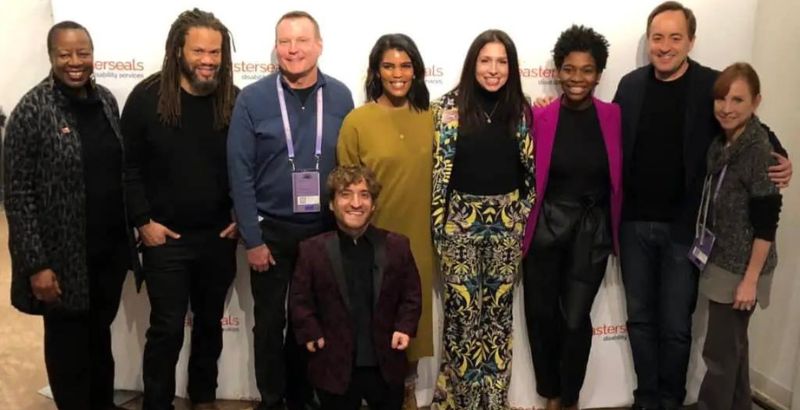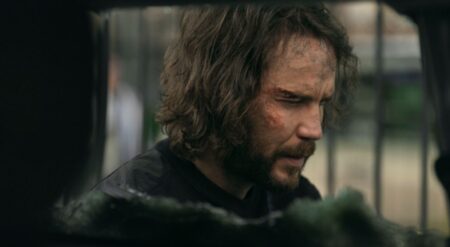
On January 25, 2020 during the 2020 Sundance Film Festival, Easterseals Disability Services, an Allied Organization of Sundance Institute and member of its newly announced Accessibility & Inclusion Alliance, hosted a panel on the influence of diversity and inclusion initiatives in Hollywood in increasing the visibility of/opportunities for talent with disabilities in the entertainment industry. As a go-to resource for filmmakers and actors with disabilities, ESSC has worked with the Institute since 2018, helping to make the annual Sundance Film Festival more inclusive and accessible.
The Accessibility & Inclusion Alliance is comprised of organizations and individuals who are leaders and strong allies in the field. The initiative will allow the Sundance Institute to advance many different manifestations of accessibility, working to expand resources in theatres and official venues; inviting broader communities to enjoy and experience the Festival comfortably; and activating all of its Artist Programs to deepen their creative and professional development engagement with artists with disabilities. As a leader and expert in the field, Easterseals will be an invaluable partner and resource to the Institute as it continues to expand its accessibility efforts, including providing additional ASL interpreters for Institute panels and open captioning support to key pieces of content.
The panel was moderated by Britt Stephens, Celebrity & Entertainment Editor, Pop Sugar. Guest panelists include Shanique Bonelli-Moore, Executive Director of Inclusion, United Talent Agency; Franklin Leonard, Founder and CEO, The Black List; John Travis, VP of Brand Marketing, Adobe; and Shoshannah Stern, Creator, Executive Producer, Writer and Star of Sundance TV’s This Close.

The disability community, which makes up 25 percent of the U.S. population and commands $21 billion in discretionary income, is represented in less than three percent of on-screen roles. It is time for Hollywood to take the opportunity to capitalize on new, authentic stories and reach a large segment of the marketplace by including people with disabilities in their content.
Said Mark Whitley, CEO, ESSC, “It’s been just three years since Sundance and Easterseals joined forces to advance disability inclusion and greater accessibility across the Festival and the entertainment industry at large. We’re making real progress, but still have more to do to make disability inclusion, whether in front of or behind the camera, commonplace— an industry practice and standard. This year, we’re honored to extend our work and partnership with Sundance Film Festival, bringing together new and diverse voices to share their unique perspectives, address challenges and push the needle forward on inclusion.”
As part of Easterseals Disability Services’ vision of building a more inclusive future for more than 61 million Americans with disabilities, the organization is working with Sundance Institute to increase accessibility for filmmakers, critics and film enthusiasts with disabilities at the Festival.
As a result, Sundance Institute installed an elevator in its Filmmakers Lodge on Main Street, Some Festival panels were moved to the Kimball Art Center, a one-story building that is easily accessible for wheelchairs.
In the Sundance Film Festival app under Festival Information, there is an accessibility section with information on how to navigate Park City. Sundance Institute added over 20 percent of additional passes for critics from underrepresented backgrounds, including women, persons of color and persons with disabilities. Travel stipends were also provided to 50 of those underrepresented critics.
ESSC Sundance Panel 2020 “Has Recent Industry Emphasis on D&I Influenced the Way We Tell Stories?”
Sundance Film Festival panel on “Has Recent Industry Emphasis on Disability & Inclusion Influenced the Way We Tell Stories?” Easterseals Southern California (ESSC) sponsored a disability and inclusion panel at the 2020 Sundance Film Festival in Park City, Utah. The panel premise was, “How Has Recent Industry Emphasis on Disability and Inclusion Influenced the Way We Tell Stories?”






